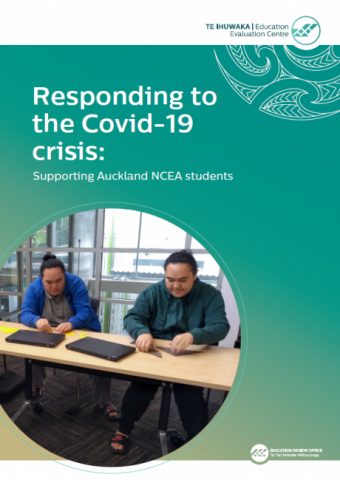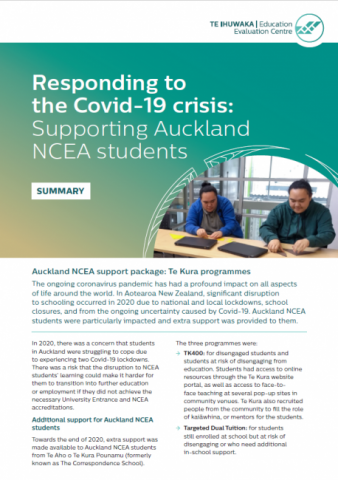A guide for parents and whānau on supporting science in early childhood
Published: 12 Apr 2021
Learning science in the preschool years helps children become better problem solvers and critical thinkers. This short guide aims to help parents and whānau of children in early childhood education to understand why science matters for this age group, know what to expect for science teaching and learning for their child, and think about how they can support their child’s science learning journey.
- Audience:
- Academics
- Early learning
- Education
- Parents
- Content type:
- Research
- Topics:
- Science
- Guidance
- Guides for parents




